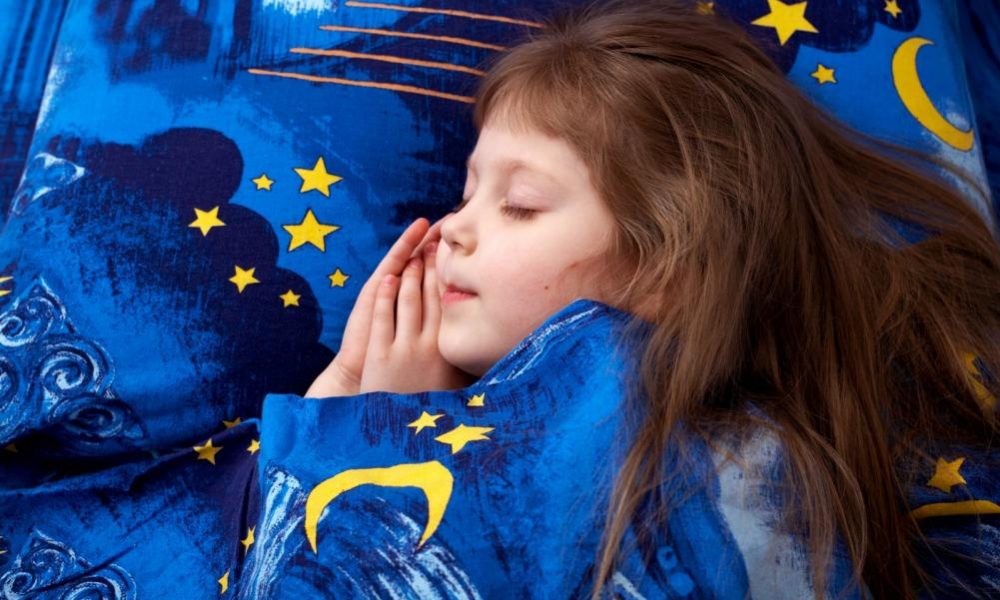We go through great effort to stay healthy by eating correctly and exercising. However all that can be for naught if we don’t allow our bodies the chance to regenerate through a healthy sleep routine. NewYork-Presbyterian sleep experts Dr. Daniel Barone and Dr. Andrew Westwood provide tips for healthy sleep habits, this World Sleep Day.
1. Establish a regular bedtime and waking time
Try going to sleep at the same time each night and waking up at the same time each morning, even on weekends and vacation days. Changes between workdays and days off may impair your sleep and how you feel during the daytime.
2. Choose non-caffeinated beverages in the late afternoon and evening
Try plain or infused water, seltzer, unsweetened decaffeinated herbal tea, and other non-caffeinated beverages. Avoid caffeinated coffee, tea, cola, and chocolate in late afternoon.
3. Exercise regularly and maintain a healthy diet
Regular exercise and maintaining a healthy diet that is high in fiber and low in saturated fat and added sugars may improve your sleep, health, and overall quality of life. The American Heart Association recommends that healthy adults get at least 150 minutes per week of moderate aerobic activity. These exercises are best done either early in the morning or right after work.
4. Turn off electric devices before bedtime
Try to avoid electronic screens on e-readers, mobile devices, and television sets at least 30 minutes before bed. The light from these devices can signal to your body that it is still daytime, which may impair your sleep.
5. Develop healthy napping habits for better sleep at night
Avoiding naps, especially in the afternoon, may help you fall asleep more easily at night. If you must nap, try to sleep for only about 20-30 minutes earlier in the day.
6. Don’t ignore your snore
Snoring may be a sign of a more serious condition known as obstructive sleep apnea. Dehydration may also contribute to snoring; try taking sips of water throughout the day to help you stay hydrated, which may improve your quality of sleep.
SOURCE: New York-Presbyterian Hospital





No comments